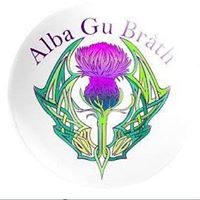Which of the following poets is associated most closely with World War I?
One well-known poet who has been most closely associated with World War I is Wilfred Owen. He wrote some of the best British poetry on World War I. He was able to compose nearly all of his poems in slightly over a year, from August 1917 to September 1918. In November 1918 he was killed in action at the age of 25, one week before the Armistice. Only five poems were published in his lifetime. Shortly after his death, seven more of his poems appeared in the 1919 volume of "Wheels", an annual anthology of verse edited by Edith Sitwell. Almost all of Owen’s poems, therefore, appeared posthumously. Owen wrote vivid and terrifying poems about modern warfare, depicting graphic scenes with honest emotions; in doing so, young Owen helped to advance poetry into the Modernist era.
Wilfred Edward Salter Owen (aka, Wilfred Owen) was born in March 1893, in Oswestry, Shropshire, England. His father was a former seaman. Owen’s mother was smart and felt that marriage limited her intellectual, musical, and economic ambitions. Wilfred was the oldest of 4 children and during his teens, he read widely and began to write poetry. He wrote on the conventional subjects of the time.
While in Shrewsbury, Owen attended Shrewsbury Technical School and graduated in 1911 at the age of 18. Next, he ended up working as an unpaid lay assistant to a vicar in the Church of England, at Dunsden, Oxfordshire. When war broke out, Owen enlisted in the Artists Rifles Officers' Training Corps in 1915.
More Info:
en.wikipedia.org

